Veterinary Assisting Academy Explanation:
The Veterinary Assisting Program at Hudson High School provides students with hands-on experience and foundational knowledge in companion animal care, livestock health, and veterinary science. Through classroom instruction and practical learning opportunities, students develop skills in animal handling, medical terminology, clinic procedures, and client communication. This program prepares students for entry-level positions in veterinary clinics, animal hospitals, and related animal care fields, while also offering a pathway toward postsecondary education in veterinary medicine or animal science.
Practical Experience 250-Hour Requirement for Certification
As part of the Veterinary Assisting Program, students are required to complete 250 hours of supervised instruction and hands-on experience. These hours include classroom learning, laboratory activities, and real-world skill development working with animals. This requirement ensures that students gain the practical knowledge and technical skills needed to meet industry standards and qualify for the Florida Veterinary Assisting Certification Exam.
Certified Veterinary Assistant (CVA) Exam
During their final year in the Veterinary Assisting Program (Veterinary Assisting 3), students have the opportunity to earn their Certified Veterinary Assistant (CVA) credential. This industry-recognized certification demonstrates that students have achieved the knowledge, skills, and hands-on experience required to work safely and effectively in a veterinary setting. To qualify for the exam, students must successfully complete the program’s coursework, meet the 250-hour practical experience requirement, and demonstrate competency in key veterinary assisting skills. Earning the CVA certification gives students a competitive advantage when pursuing careers in animal care or continuing their education in veterinary medicine.
Agricultural Communications Pathway
The Agricultural Communications Pathway prepares students to become skilled communicators and advocates for the agriculture industry. Students begin with Agricultural Foundations, where they gain an understanding of plant and animal science, agribusiness, and leadership in agriculture. They then advance into Agricultural Communications 2 and 3, focusing on public speaking, journalism, graphic design, photography, and digital media as they relate to agriculture. Through hands-on projects, students learn how to create professional communication materials, manage social media, and promote agricultural programs and events. This pathway equips students with the skills needed for careers in agricultural journalism, marketing, public relations, and other communication-focused roles within the agriculture industry.
Industry Certification Opportunities- Agriculture Pathway
Students enrolled in the Agricultural Communications Pathway have the opportunity to earn industry-recognized certifications that validate their skills and knowledge in the field:
-
AEST Agriculture Associate Certification – Earned in Agricultural Foundations, this certification demonstrates a student’s understanding of fundamental agricultural concepts, including plant and animal systems, agribusiness, and leadership.
-
AEST Agricultural Communications Specialist Certification – Earned in Agricultural Communications 3, this certification showcases advanced skills in writing, public speaking, digital media, and marketing specific to the agriculture industry.
These certifications give students a competitive edge as they enter the workforce or pursue higher education in agriculture-related careers.
The FFA Organization- Pathway Related CTSO
The National FFA Organization is an intra-curricular Career and Technical Student Organization (CTSO) that plays an integral role in our Agricultural Education and Veterinary Assisting programs. FFA provides students with opportunities to develop leadership skills, career readiness, and personal growth through hands-on experiences and competitive events.
Students enrolled in agricultural or veterinary assisting courses are automatically members of FFA and participate in activities that connect directly to their classroom learning. Through FFA, students can take part in career development events, community service projects, leadership conferences, and supervised agricultural experiences (SAEs) that enhance their knowledge and prepare them for future careers in the agriculture and animal science industries.
FFA encourages students to build confidence, teamwork, and communication skills while promoting the values of responsibility, leadership, and agricultural literacy.





